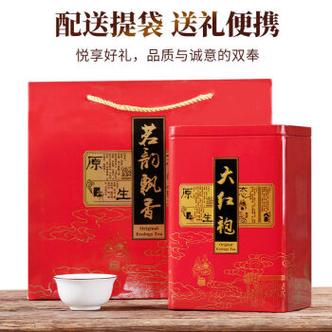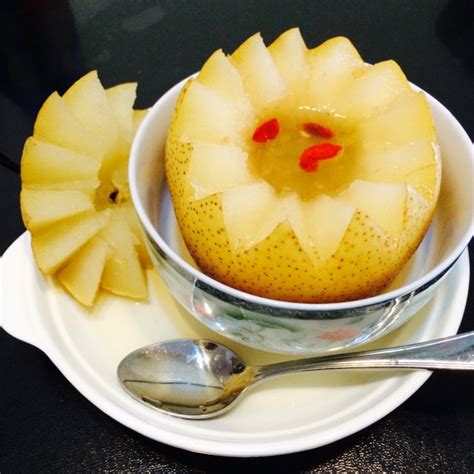茶叶店加盟十大品牌
If you are interested in franchising a Dongguan Oolong tea business, here are several key aspects to consider and steps to follow:
1. Understanding Dongguan Oolong Tea
Dongguan is a city in Guangdong Province, China, known for its manufacturing industry rather than tea production. Oolong tea, on the other hand, is primarily produced in Fujian, Guangdong, and Taiwan. If your interest is specifically in Dongguan, it might be more about marketing a local brand or a shop rather than sourcing tea grown in the region.
2. Research the Market
Demand Analysis:
Assess the demand for oolong tea in the area where you plan to open your franchise. Consider the target demographics, consumer preferences, and existing competitors.
Location:
For a tea franchise, location is crucial. Ideal locations might be near shopping centers, commercial areas, or educational institutions where foot traffic is high.3. Franchise Options
Local Brands vs. National Chains:
Determine whether you want to partner with a local Dongguan tea brand or a more established national oolong tea brand. Each has its benefits and challenges.
Franchise Terms and Conditions:
Understand the financial requirements, including initial investment, franchise fees, royalty payments, and any marketing fees. Also, look into the support offered by the franchisor, such as training, marketing, and supply chain assistance.4. Legal and Regulatory Considerations
Business Registration:
Ensure that you register your business according to local laws and regulations.
Health and Safety Regulations:
Food businesses come with specific health and safety regulations. Make sure you are aware of and comply with these requirements to ensure the safety of your products.
Franchise Agreement:
Review the franchise agreement thoroughly, possibly with the help of a legal advisor, to understand all your obligations and rights under the contract.
5. Financial Planning
Budgeting:
Create a detailed budget that includes setup costs, ongoing operating costs, staff salaries, and marketing expenses.
Funding:
Determine how you will finance the franchise. Options may include personal savings, bank loans, or seeking investors.6. Supply Chain Management
Tea Sourcing:
If the franchisor does not provide the tea, you will need to establish reliable relationships with tea suppliers to ensure the quality and consistency of your product.
Equipment and Ingredients:
Besides tea, consider the equipment needed for tea preparation and serving, as well as any other inventory such as snacks or complementary products.7. Marketing and Sales
Brand Differentiation:
Develop a strong value proposition. Why should customers choose your oolong tea over others? This could be based on quality, variety, pricing, or the ambiance of your store.
Promotional Strategies:
Leverage social media, local advertising, and promotions to attract customers. Loyalty programs and seasonal offers can also help retain customers.8. Training and Operations
Staff Training:
Proper training for your staff is crucial to ensure highquality service and customer satisfaction. This includes tea preparation, customer service, and hygiene practices.
Quality Control:
Regularly monitor the quality of the tea and service to ensure that your franchise upholds the standards of the brand.9. Launching Your Franchise
Soft Opening:
Consider a soft opening to iron out any operational issues before the official launch.
Grand Opening:
Plan a grand opening event to generate buzz and attract initial customers. This could involve special promotions, events, or collaborations.By carefully planning and executing these steps, you can establish a successful Dongguan oolong tea franchise that attracts and retains loyal customers.
版权声明
本文仅代表作者观点,不代表百度立场。
本文系作者授权百度百家发表,未经许可,不得转载。












评论